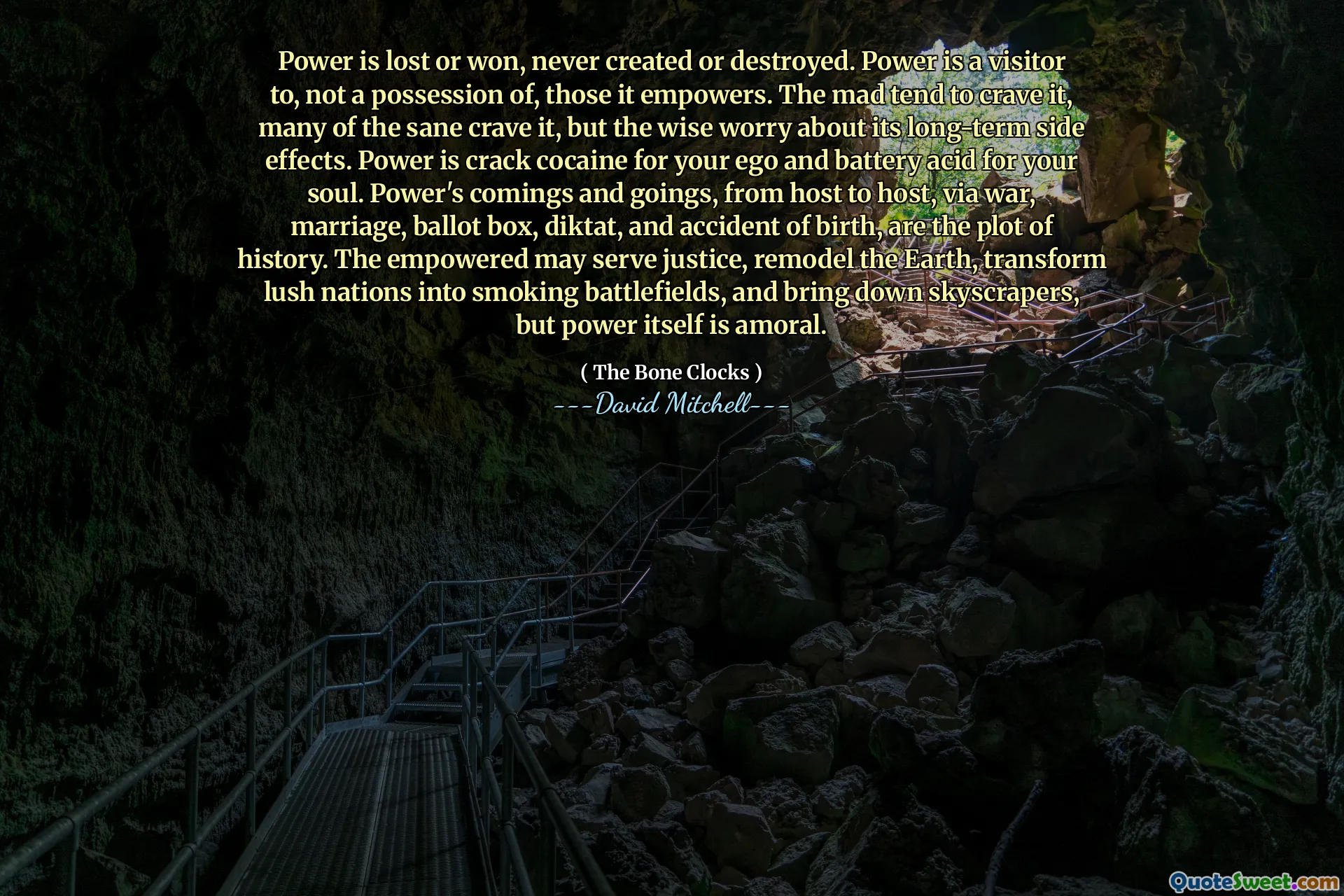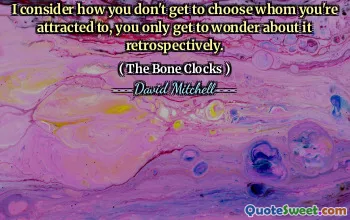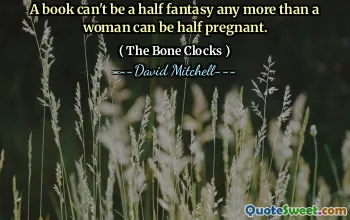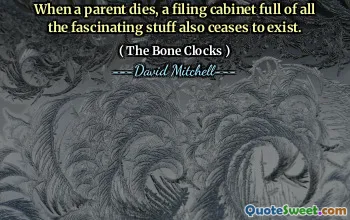
Power is lost or won, never created or destroyed. Power is a visitor to, not a possession of, those it empowers. The mad tend to crave it, many of the sane crave it, but the wise worry about its long-term side effects. Power is crack cocaine for your ego and battery acid for your soul. Power's comings and goings, from host to host, via war, marriage, ballot box, diktat, and accident of birth, are the plot of history. The empowered may serve justice, remodel the Earth, transform lush nations into smoking battlefields, and bring down skyscrapers, but power itself is amoral.
In David Mitchell's "The Bone Clocks," power is portrayed as a transient entity that individuals can momentarily possess but never truly own. It shifts from one person to another through various means like conflict, relationships, and luck. The pursuit of power is a common desire, provoking a diverse range of reactions—some people are fixated on it, while the wise ponder its enduring implications, as power can have significant moral and emotional consequences.
Mitchell likens power to a dangerous addiction, suggesting it can inflate the ego while simultaneously corroding the soul. Its unpredictable nature underscores the chaos it brings to history, as those who wield it can achieve remarkable feats or inflict significant damage. Ultimately, power is depicted as a force that transcends morality—it can create both beauty and destruction, leaving behind a complicated legacy influenced by the motivations of those who gain it.











